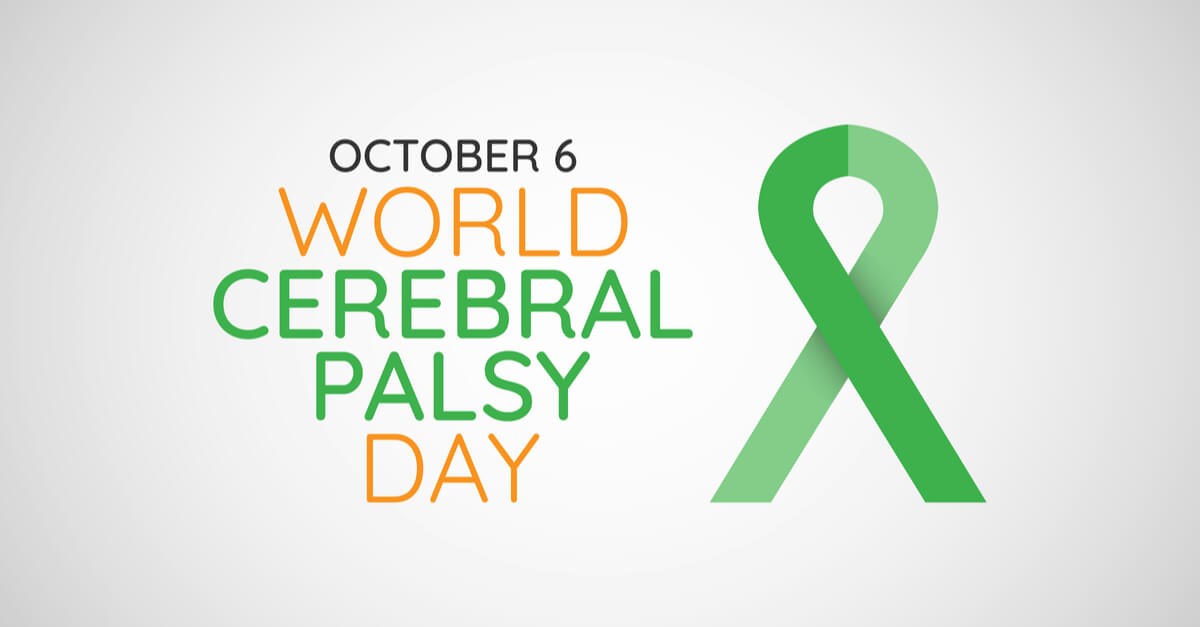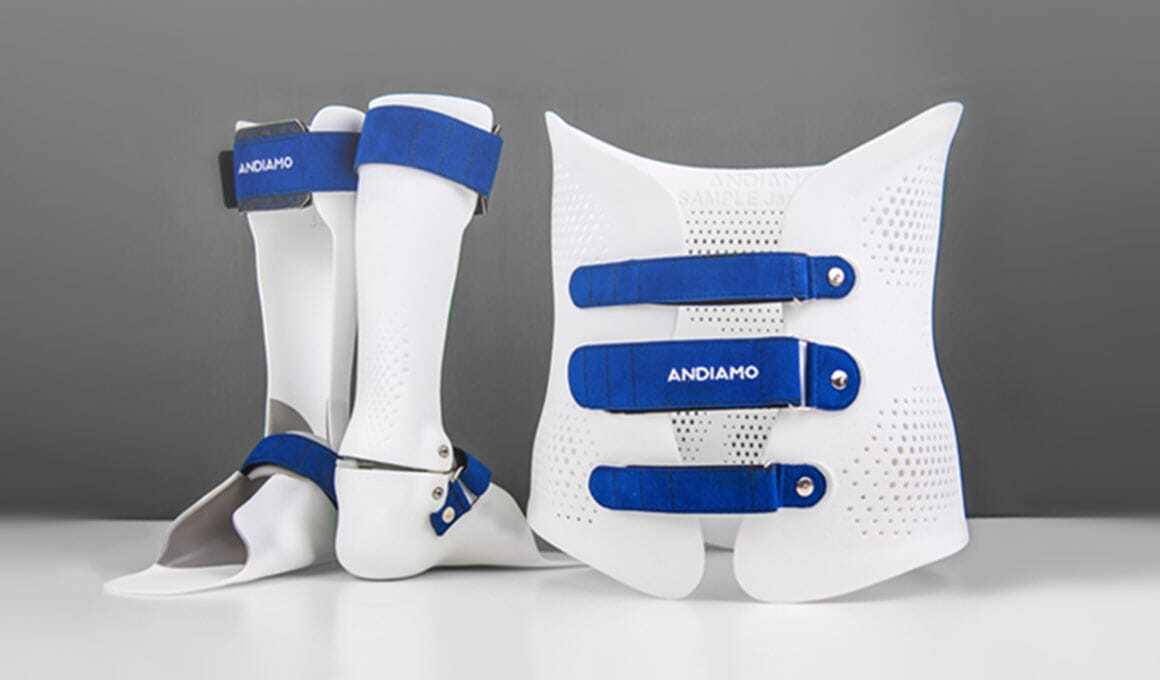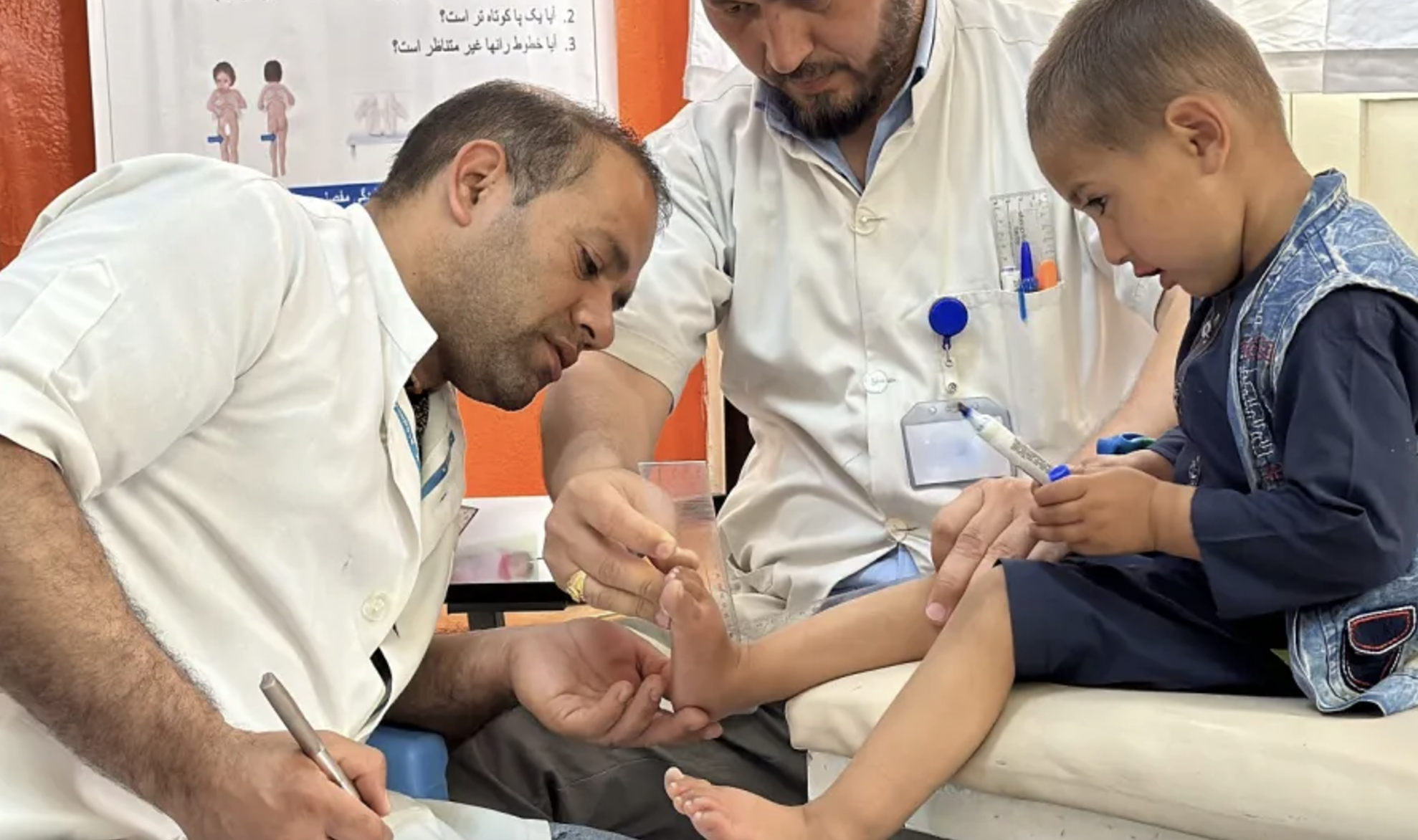October 6 is World Cerebral Palsy Day, a day to recognize the millions of people living with cerebral palsy and reflect on the progress made in advocating for their rights and inclusion. For 75 years, United Cerebral Palsy has been at the forefront of this movement, advocating for individuals with disabilities to be seen as empowered, valuable members of society.
From Institutionalization to Empowerment: UCP’s 75-Year Legacy
In 1949, when UCP was founded, the world was a different place for people with disabilities. Institutionalization was the norm, and society often viewed individuals with disabilities as burdens rather than valuable members of the community. Leonard H. Goldenson, then-President of United Paramount Theaters, and his wife Isabelle, along with New York businessman Jack Hausman and his wife Ethel, sought to change this reality. They placed an ad in the New York Herald Tribune, calling on families to demand better care and respect for their children with disabilities. This moment marked the birth of UCP and the beginning of a movement toward equality and empowerment for people with disabilities.
Over the past 75 years, UCP has been a powerful advocate for change, pushing for policy reforms, creating community programs, and advocating for early intervention to improve the lives of those living with cerebral palsy. Today, UCP directly supports more than 150,000 families annually through a network of over 50 affiliates. It has transformed from a small grassroots movement into a leading organization that has redefined how society views disability.
“UCP’s mission has always been about ensuring that individuals with cerebral palsy and other Intellectual and Developmental Disabilities (IDD) are empowered to live life without limits,” says Armando Contreras, President and CEO of United Cerebral Palsy. “Our work is not just about providing support; it’s about creating a world where people with disabilities are fully included and can contribute to their communities.”
At the Forefront of Change: Armando Contreras’ Journey
Leading UCP today is Armando Contreras, a man whose life experiences have shaped his unwavering commitment to the organization’s mission. Armando’s story begins with adversity: he was born in a hospital where his father lay critically injured from a car accident that left him permanently disabled. Raised in a Mexican-American family in East Los Angeles, Armando grew up witnessing the challenges faced by families dealing with disability and poverty.
“I didn’t even comprehend what middle class was—we were barely surviving,” Armando recalls. His family’s experience of struggle and resilience deeply influenced his understanding of the importance of support for families living with disabilities. This understanding grew as he watched two of his cousins, who were diagnosed with cerebral palsy, navigate life without sufficient resources or support.
Driven by his personal experiences, Armando became a passionate advocate for social justice and disability rights. When he stepped into his role as CEO of UCP in 2017, the organization was facing financial struggles, teetering on the edge of bankruptcy. Armando made it his mission not only to save UCP but to revolutionize it, ensuring that it could continue to provide life-changing support to thousands of families.
UCP’s Impact and Initiatives Today
UCP has grown into a thriving organization, thanks in large part to Armando’s leadership. Its impact can be seen across a range of initiatives that have redefined the disability landscape:
-
Policy Advocacy: UCP was instrumental in advocating for the Americans with Disabilities Act (ADA) of 1990, which prohibits discrimination based on disability. The organization continues to push for inclusive policies at local, state, and national levels to protect the rights of people with disabilities.
-
Community Expansion: UCP has expanded its affiliate network into underserved areas, providing critical services to families across the U.S. and Canada. This expansion has made a profound difference in ensuring that people with cerebral palsy and other IDD receive the support they need, regardless of their location.
-
Innovative Programs: Through its affiliates, UCP offers job training programs that empower individuals with disabilities to enter the workforce, fostering independence and financial stability.
-
Research Partnerships: UCP has partnered with leading research institutions to develop therapies and interventions aimed at improving the quality of life for those with cerebral palsy and other developmental disabilities.
-
Early Detection and Intervention: UCP champions early diagnosis and intervention, providing resources and support to families navigating life with cerebral palsy and IDD diagnosis.
Looking Toward the Future: Building on 75 Years of Progress
As UCP marks its 75th anniversary, the organization remains dedicated to creating a world where every person with a disability can live life without limits. Looking ahead, UCP plans to:
-
Advocate for increased financial support, including Supplemental Security Income for families.
-
Expand its reach to support a wider range of intellectual and developmental disabilities.
-
Innovate and provide cutting-edge assistive technologies that promote independence.
-
Strengthen community engagement through education and outreach initiatives.
World Cerebral Palsy Day: A Call to Action
World Cerebral Palsy Day is a reminder of the ongoing fight for disability rights. It is also an opportunity to celebrate the resilience of individuals with cerebral palsy and the progress made by organizations like UCP. For Armando Contreras, it is a day to reaffirm UCP’s mission and inspire others to join the cause.
On October 6, as we honor World Cerebral Palsy Day, UCP’s 75-year legacy stands as a testament to the power of advocacy, community, and the unwavering belief that everyone deserves to be empowered and included.







